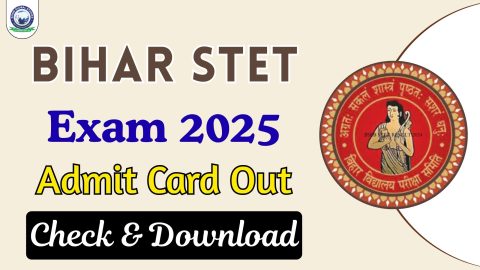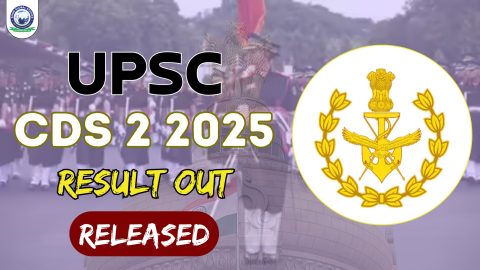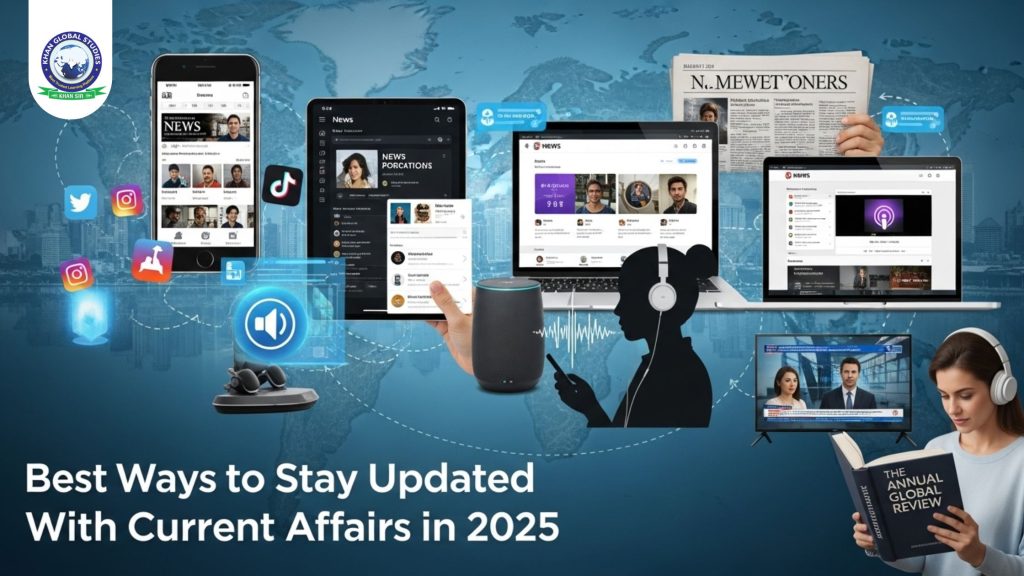Keeping up with current affairs has never been more challenging—or more important. Whether you’re preparing for competitive exams like UPSC, BPSC, or simply want to stay informed about the world around you, developing an effective current affairs strategy can make all the difference.
The sheer volume of information available today can feel overwhelming. News breaks every minute, social media feeds never stop updating, and traditional newspapers pile up unread. Yet staying informed about current events is crucial for academic success, professional growth, and being an engaged citizen.
This comprehensive guide will explore the most effective methods to stay updated with current affairs, helping you build a systematic approach that works for your lifestyle and goals. From traditional newspapers to modern digital platforms, we’ll examine the pros and cons of each method and show you how to create a balanced information diet.
Traditional Methods That Still Work
Newspapers: The Foundation of Current Affairs
Despite the digital revolution, newspapers remain one of the most reliable sources for current affairs. Quality newspapers offer in-depth analysis, editorial perspectives, and comprehensive coverage of national and international events.
Benefits of newspapers:
- Structured presentation of information
- Editorial analysis that helps understand context
- Less sensationalised reporting compared to some digital platforms
- Habit-forming routine that ensures daily updates
Recommended approach:
Choose one quality national newspaper and stick with it consistently. The Times of India, The Hindu, or The Indian Express are excellent choices for competitive exam preparation. Read at least the editorial section daily, as it provides analytical perspectives on current issues.
Television News: Visual Learning Advantage
Television news channels offer the advantage of visual storytelling and breaking news coverage. Channels like BBC News, CNN-News18, and NDTV provide comprehensive coverage of national and international affairs.
Best practices for TV news consumption:
- Watch news at fixed times to avoid information overload
- Focus on programmes that offer analysis rather than just breaking news
- Take notes during important discussions and debates
- Avoid channels known for sensationalism
Digital Revolution: Modern Approaches
News Apps and Websites
Mobile applications have revolutionised how we consume news. Apps like BBC News, The Hindu, Times of India, and Inshorts provide customisable news feeds and push notifications for breaking stories.
Advantages of news apps:
- Instant updates and breaking news alerts
- Personalised content based on your interests
- Offline reading capabilities
- Multiple sources in one platform
Social Media: A Double-Edged Sword
Platforms like Twitter, LinkedIn, and Facebook can be excellent sources for current affairs when used correctly. Many journalists, politicians, and organisations share real-time updates and analysis.
Guidelines for social media consumption:
- Follow verified accounts of reputable news organisations
- Cross-check information from multiple sources
- Be wary of fake news and misinformation
- Use social media to discover stories, but verify through reliable sources
Specialised Resources for Competitive Exams
Current Affairs Magazines
Monthly current affairs magazines provide consolidated information that’s particularly useful for competitive exam preparation. Publications like Pratiyogita Darpan, Competition Success Review, and Chronicle offer structured coverage of monthly events.
Educational Platforms
Online education platforms now offer dedicated current affairs courses. Platforms like Khan Global Studies provide structured current affairs programmes designed specifically for UPSC and other competitive exams, combining daily updates with analytical content.
Benefits of structured current affairs courses:
- Expert analysis and interpretation
- Exam-focused content filtering
- Regular testing and revision
- Connection between current events and static topics
Government Websites and Official Sources
For the most accurate information about government policies and initiatives, official websites remain unmatched. The Press Information Bureau (PIB), Ministry websites, and parliamentary proceedings provide authentic information straight from the source.
Creating Your Personal Current Affairs System
Daily Routine Development
Consistency is key to staying updated with current affairs. Develop a daily routine that fits your schedule:
Morning routine (30-45 minutes):
- Read newspaper headlines and editorial
- Check news app notifications
- Review social media updates from trusted sources
Evening routine (20-30 minutes):
- Watch television news summary
- Read detailed articles about important events
- Make notes for revision
Weekly Review Process
Set aside time each week to review and consolidate your current affairs knowledge:
- Create summaries of major events
- Connect current events to broader themes
- Practice quiz questions
- Update your notes with important dates and figures
Monthly Consolidation
At the month’s end, create comprehensive notes covering:
- Major national and international events
- Important appointments and policy changes
- Economic indicators and their implications
- Sports, awards, and cultural events
Smart Note-Taking Strategies
Digital vs Physical Notes
Choose a note-taking method that suits your learning style. Digital notes offer searchability and easy organisation, while physical notes can improve retention through the act of writing.
Digital note-taking tools:
- Notion for comprehensive databases
- OneNote for multimedia integration
- Google Keep for quick notes and reminders
- Evernote for advanced organisation features
Categorisation System
Organise your current affairs notes into clear categories:
- National affairs
- International relations
- Economy and business
- Science and technology
- Environment and ecology
- Sports and culture
- Government schemes and policies
Avoiding Information Overload
Quality Over Quantity
Focus on a few reliable sources rather than consuming information from dozens of platforms. Too many sources can lead to confusion and information overload.
Time Management
Set specific time limits for current affairs study. Spending more than 2-3 hours daily on current affairs can be counterproductive and leave little time for other subjects.
Fact vs Opinion
Learn to distinguish between factual reporting and opinion pieces. While editorial analysis is valuable, ensure you understand the difference between news and commentary.
Building Your Information Network
Success in staying updated with current affairs comes from building a systematic approach rather than random consumption. Start with one or two reliable sources and gradually expand your network as you develop confidence and consistency.
Remember that current affairs knowledge is not just about memorising facts—it’s about understanding how events connect, analysing their implications, and developing informed opinions. Whether you’re preparing for competitive exams or simply want to be a well-informed citizen, the strategies outlined in this guide will help you stay ahead of the news cycle.
Take action today by choosing your primary news source and setting up a daily routine. Consistency in small steps will lead to comprehensive knowledge over time, giving you the current affairs foundation you need for success.
Frequently Asked Questions
How much time should I spend on current affairs daily?
For competitive exam preparation, 1-2 hours daily is sufficient. This should include reading newspapers, watching news, and making notes. Quality and consistency matter more than quantity.
Which newspaper is best for UPSC preparation?
The Hindu is widely considered the gold standard for UPSC preparation due to its comprehensive coverage and analytical approach. However, The Indian Express and Times of India are also excellent choices.
How can I remember so much current affairs information?
Regular revision is key. Create monthly summaries, use flashcards for important facts, and practice quiz questions regularly. Connecting current events to static topics also improves retention.
Should I rely solely on digital sources?
A combination approach works best. Use newspapers for comprehensive coverage, digital sources for breaking news, and television for visual learning. Diversifying your sources provides a more complete picture.
How do I avoid fake news and misinformation?
Always cross-check information from multiple reliable sources. Stick to established news organisations, verify information through official sources, and be sceptical of sensational claims.



